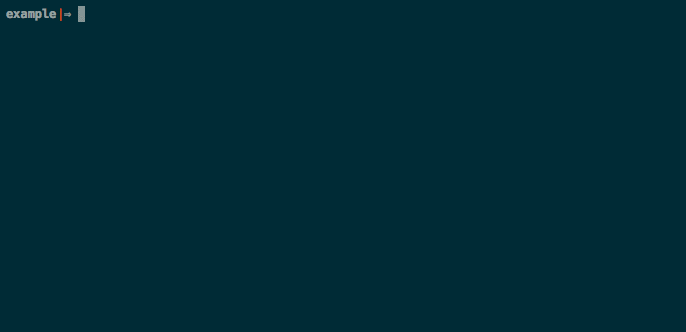# README
go-candyjs 



CandyJS is an intent of create a fully transparent bridge between Go and the JavaScript engine duktape. Basicly is a syntax-sugar library built it on top of go-duktape using reflection techniques.
ok but what for ...
build extensible applications that allow to the user execute arbitrary code (let's say plugins) without the requirement of compile it.
Demo
Features
Embeddable Ecmascript E5/E5.1 compliant engine (duktape).
ctx := candyjs.NewContext()
ctx.EvalString(`
function factorial(n) {
if (n === 0) return 1;
return n * factorial(n - 1);
}
print(factorial(10));
`) //3628800
Call Go functions from JavaScript and vice versa.
ctx := candyjs.NewContext()
ctx.PushGlobalGoFunction("golangMultiply", func(a, b int) int {
return a * b
})
ctx.EvalString(`print(golangMultiply(5, 10));`) //50
Transparent interface between Go structs and JavaScript.
type MyStruct struct {
Number int
}
func (m *MyStruct) Multiply(x int) int {
return m.Number * x
}
...
ctx := candyjs.NewContext()
ctx.PushGlobalStruct("golangStruct", &MyStruct{10})
ctx.EvalString(`print(golangStruct.number);`) //10
ctx.EvalString(`print(golangStruct.multiply(5));`) //50
Import of Go packages into the JavaScript context.
//go:generate candyjs import fmt
...
ctx := candyjs.NewContext()
ctx.EvalString(`
var fmt = CandyJS.require('fmt');
fmt.printf('candyjs is %s', 'awesome')
`) // 'candyjs is awesome'
Installation
The recommended way to install go-candyjs is:
go get -u github.com/mcuadros/go-candyjs/...
CandyJS includes a binary tool used by go generate, please be sure that
$GOPATH/binis on your$PATH
Examples
JavaScript running a HTTP server
In this example a gin server is executed
and a small JSON is server. In CandyJS you can import Go packages directly if
they are defined
previously on the Go code.
Interpreter code (main.go)
...
//go:generate candyjs import time
//go:generate candyjs import github.com/gin-gonic/gin
func main() {
ctx := candyjs.NewContext()
ctx.PevalFile("example.js")
}
Program code (example.js)
var time = CandyJS.require('time');
var gin = CandyJS.require('github.com/gin-gonic/gin');
var engine = gin.default();
engine.get("/back", CandyJS.proxy(function(ctx) {
var future = time.date(2015, 10, 21, 4, 29 ,0, 0, time.UTC);
var now = time.now();
ctx.json(200, {
future: future.string(),
now: now.string(),
nsecs: future.sub(now)
});
}));
engine.run(':8080');
Caveats
Due to an incompatibility with Duktape's error handling system and Go, you can't throw errors from Go. All errors generated from Go functions are generic ones error error (rc -100)
License
MIT, see LICENSE
